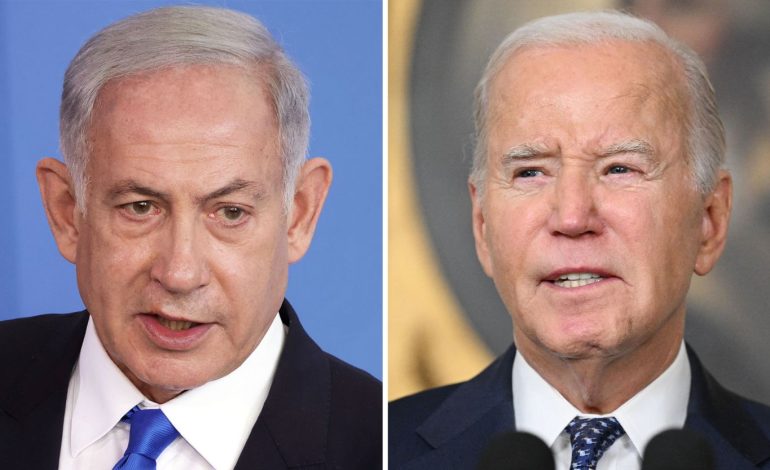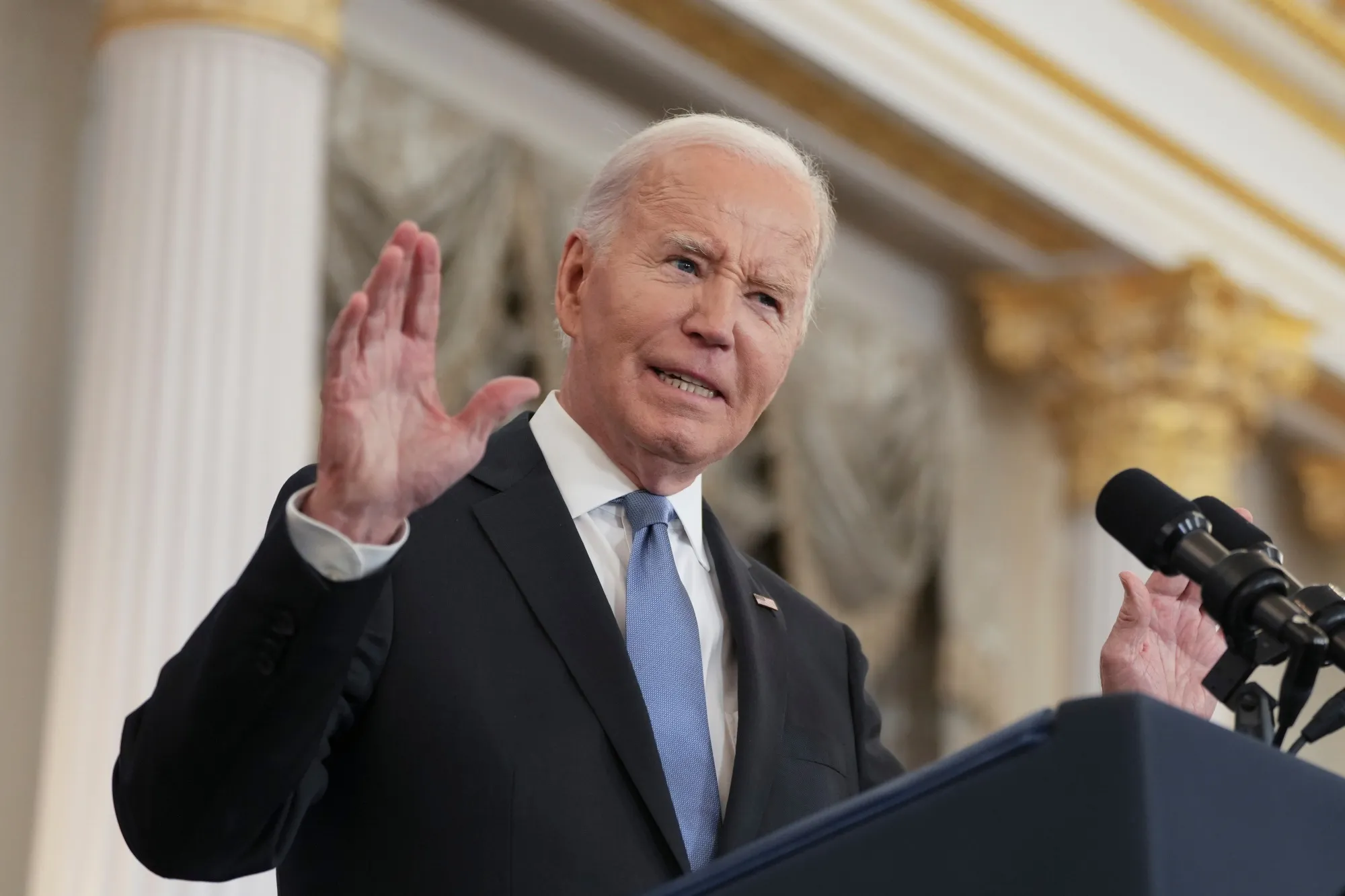Biden, Netanyahu Discuss Ceasefire and Regional Tensions Amid Ongoing Negotiations

President Joe Biden held a critical conversation with Israeli Prime Minister Benjamin Netanyahu on Wednesday regarding the ongoing ceasefire negotiations in Gaza, including plans for a potential hostage release and diplomatic efforts aimed at de-escalating regional tensions, CNN reports, citing the White House.
The call, which also reportedly included Vice President Kamala Harris, took place while Biden was vacationing in Santa Ynez, California.
The talks come at a pivotal time in the ceasefire negotiations. Earlier this week, US Secretary of State Antony Blinken conveyed in Israel that the current moment might be the last chance for a successful deal.
A key issue in the ceasefire negotiations is the future of the Philadelphi corridor, a narrow stretch of land that runs along the Gaza-Egypt border. On Wednesday, Israeli public broadcaster Kan reported that Israel’s proposed withdrawal from this 8.7-mile strip was under consideration as part of an accord headed by Netanyahu.
While US officials have been secretive about the specifics of the “bridging proposal” presented last week, tensions remain high. Hamas insists that the Israel Defense Forces (IDF) fully withdraw from Gaza and allow residents to return home. Conversely, Israeli officials maintain that a resolution is necessary to better control the Egypt-Gaza border, which has historically facilitated smuggling operations.
However, the Prime Minister’s office quickly refuted Kan’s report, asserting that Israel had no intention of leaving the Philadelphi corridor.
“Israel will insist on the achievement of all of its objectives for the war, as defined by the Security Cabinet, including ensuring that Gaza no longer poses a security threat to Israel. This requires securing the southern border,” the office stated, labeling the reporting as “incorrect.”
This statement appeared to contradict remarks made by Blinken, who indicated that Netanyahu had agreed to the proposal and its stipulations regarding troop withdrawals from Gaza.
“The agreement is very clear on the schedule and the locations of IDF withdrawals from Gaza, and Israel has agreed to that,” Blinken stated to reporters prior to his departure from Qatar.
A senior US administration official previously denounced Netanyahu’s firm stance against withdrawal as “maximalist statements” that prevent the ceasefire deal.
As high-level discussions continue, CIA Director Bill Burns and other senior negotiators are scheduled to return to Cairo for further talks this weekend.
Amid these developments, the USS Abraham Lincoln aircraft carrier strike group arrived in the Middle East on Wednesday, bolstering US military presence in the region in anticipation of a potential Iranian response. The carrier was ordered to the area in early August following the assassination of Hamas leader Ismail Haniyeh in Tehran, which outraged Tehran.
However, Iranian officials stated that any retaliation would be “carefully calibrated” to avoid undermining ceasefire negotiations. However, Iran’s mission to the United Nations stressed that a response was imminent, with plans to execute such actions at a moment designed for maximum surprise.
As diplomatic efforts intensify, the stakes remain high for all parties involved in the volatile situation in the region.








